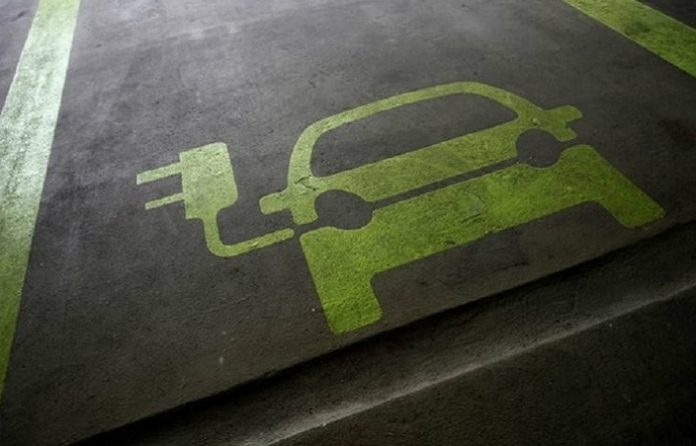Rise in the use of Electric Vehicles (EV) will result in increasing imports to India from Germany, said a Grant Thornton Bharat-FICCI report. At present, India and Germany aim to partner by leveraging advantages on each side and intensify cooperation on next-generation technologies, including Internet of Things (IoT). The report cited that total import to India from Germany has increased by 3.56 per cent for the period April 2020-January 2021.
Germany delivers a $11,420 (9,480 euros) subsidy for EVs, with $4,192 (3,480 euros) of that chipped in by OEMs. The economic and trade relations between the countries are strong, with Germany being India’s largest trading partner in Europe.
India and Germany aim to partner by leveraging advantages on each side and intensify cooperation on next-generation technologies, including ‘Internet of Things’ (IoT).
According to the report, the country has the potential to expand its share in global auto components trade to 4-5 per cent by 2026, riding on the exports growth and import substitution initiatives being taken by the industry as part of the ‘Aatmanirbhar’ initiative.
Germany is strongly advancing towards electrification, but Indian Electric Vehicles (EV) industry is a growing industry and the move to e-mobility is a priority for the Government of India (GOI).
India could benefit from a targeted export expansion and imports substitution programme for trade expansion. There is a surge in German original equipment manufacturers (OEMs) entering the Indian electric vehicle market.
For the integration of Electric Vehicles (EV) manufacturing, supply chain and infrastructure amongst India and Germany, uncertainty is an overarching theme considering the nascent state of e-mobility uptake in India where the disruptive transitions in Germany and overall, at a global level may credibly support towards continued development of India’s e-mobility solutions.








